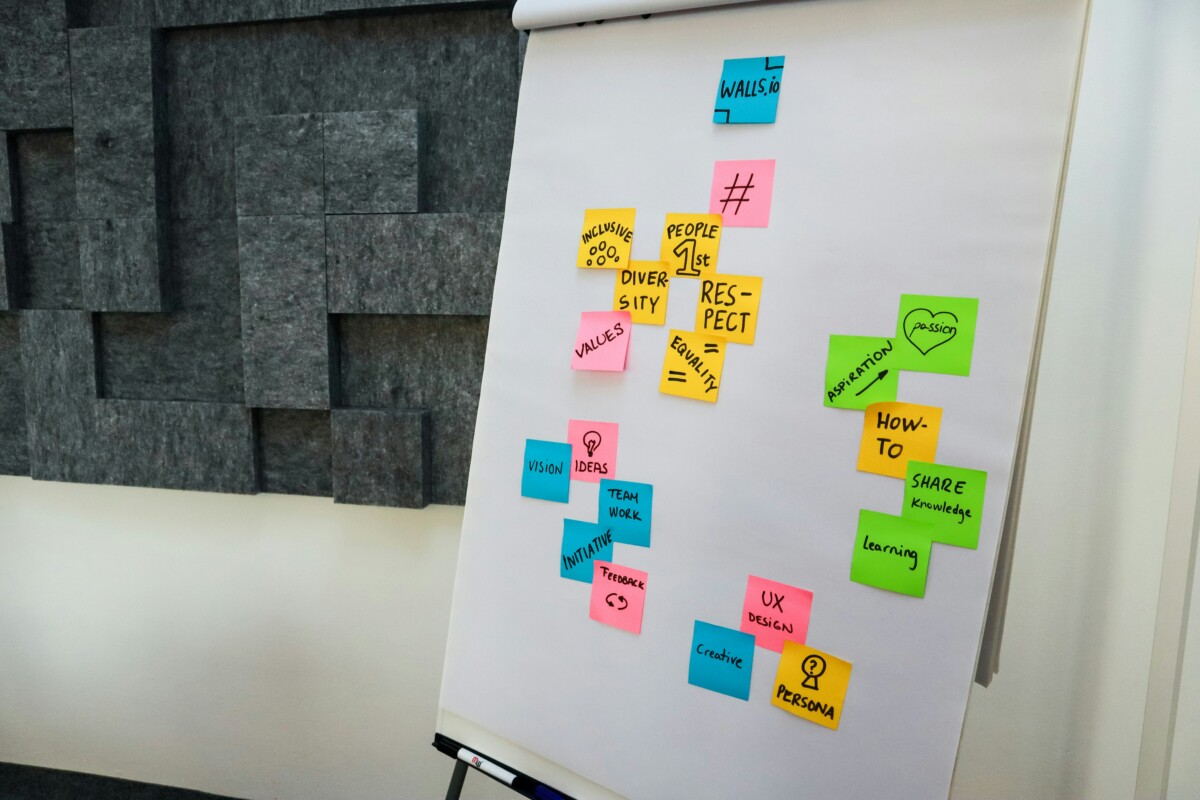Listen to the full podcast episode on YouTube, Spotify, and Apple Podcasts.
And as he explains, today’s sustainability professionals aren’t simply under-resourced. They’re tasked with being polymaths—strategists, diplomats, auditors, and ethicists—all under growing scrutiny and with shrinking support.
“Sustainability is like a Swiss Army knife. It does a little bit of everything,” Jack says. “But unfortunately, it always seems to be the department that gets its legs chopped off first.”
🛠️ The Rise—and Frustration—of the Corporate Generalist
Jack’s journey began not in a boardroom, but in the wilds of the UK’s Peak District, where childhood experiences in nature formed the roots of his professional ethos. After studying zoology and later earning a master’s in environmental technology at Imperial College London, he entered the workforce at a time when sustainability wasn’t yet codified—it was a curiosity, a cost, or a PR side note.
Now, two decades on, Jack is deeply embedded in the inner workings of ESG governance. But the job has changed. Dramatically.
Sustainability teams are, he argues, often the first to face cuts. And even when intact, their scope is impossibly broad:
-
Ensure compliance with a shifting regulatory landscape.
-
Build internal cross-departmental governance systems.
-
Communicate externally with credibility and legal precision.
-
Shape long-term strategy while responding to daily crises.
All with skeleton staff, tight budgets, and intensifying political pressure.
“We’re expected to be crystal ball mind readers, functional experts, accountants, legal gurus—literally everything under the sun.”

⚖️ Green Hushing, Political Polarisation & the Ethics of Silence
One of the most revealing parts of Jack’s conversation centres on communication—or the growing reluctance to do so. Reflecting on a 2023 Axios article about the trend towards subtler ESG messaging, Jack doesn’t dispute the phenomenon, but he adds a more human angle.
Green hushing, he argues, can be soul-destroying. Not just because it silences companies, but because it silences the people within them trying to do the right thing.
“Not being able to say something can be heartbreaking. There aren’t many regular places for people in sustainability to get their stories across.”
This isn’t about silencing fluff—it’s about losing the stories and case studies that drive peer-to-peer innovation and cross-sector learning. And while Jack believes internal collaboration will endure, he warns that without external communication, public understanding will continue to fragment.
“We need to encourage better decision-making by consumers. We can only do that if we talk and engage and communicate.”
🧭 The Say-Do Gap & Brand Activism
Jack’s insights into brand alignment are refreshingly nuanced. While there’s clear fatigue with companies hopping on every social cause, Jack resists the idea that corporates are purely cynical or performative.
He identifies a more structural problem: companies are increasingly reactive—nudged by NGOs, employees, trade groups, even rivals—into engagement. That’s not inherently bad. But it raises big questions:
-
Are we aligning with this issue because we believe in it, or because we fear being left behind?
-
Do we have the systems, strategy, and budget in place to act on it?
-
Will this be a sustained commitment or a one-month campaign?
“There needs to be a little more pragmatism and seriousness about what the company is going to be able to do before it says what it’s going to do.”
Jack isn’t calling for less ambition—he’s calling for more integrity.

🎯 The Magic Wand? Give Sustainability the Tools It Needs
Asked what he’d do with a magic wand, Jack doesn’t hesitate. He wouldn’t conjure up more pledges or frameworks. He’d give sustainability professionals what most already have to beg for: adequate resources.
“I’d wish my colleagues had the tools, the budgets, the buy-in. We can’t keep expecting strategic transformation from underfunded teams.”
It’s not just a plea for fairness—it’s a warning. Without structural investment, the very people tasked with delivering long-term value will burn out before they ever reach the summit.
Sponsored by...
truMRK: Sustainability Communications You Can Trust
👉 Learn how truMRK helps organisations strengthen the credibility of their communications.
Want to be a guest on our show?
Contact Us.
The Responsible Edge Podcast
Queensgate House
48 Queen Street
Exeter
Devon
EX4 3SR
Recognition.
Join 2,500+ professionals.
Exploring how to build trust, lead responsibly, and grow with integrity. Get the latest episodes and exclusive insights direct to your inbox.
© 2026. The Responsible Edge Podcast. All rights reserved.
The Responsible Edge Podcast® is a registered trademark.
Sponsored by truMRK
© 2026. The Responsible Edge Podcast

